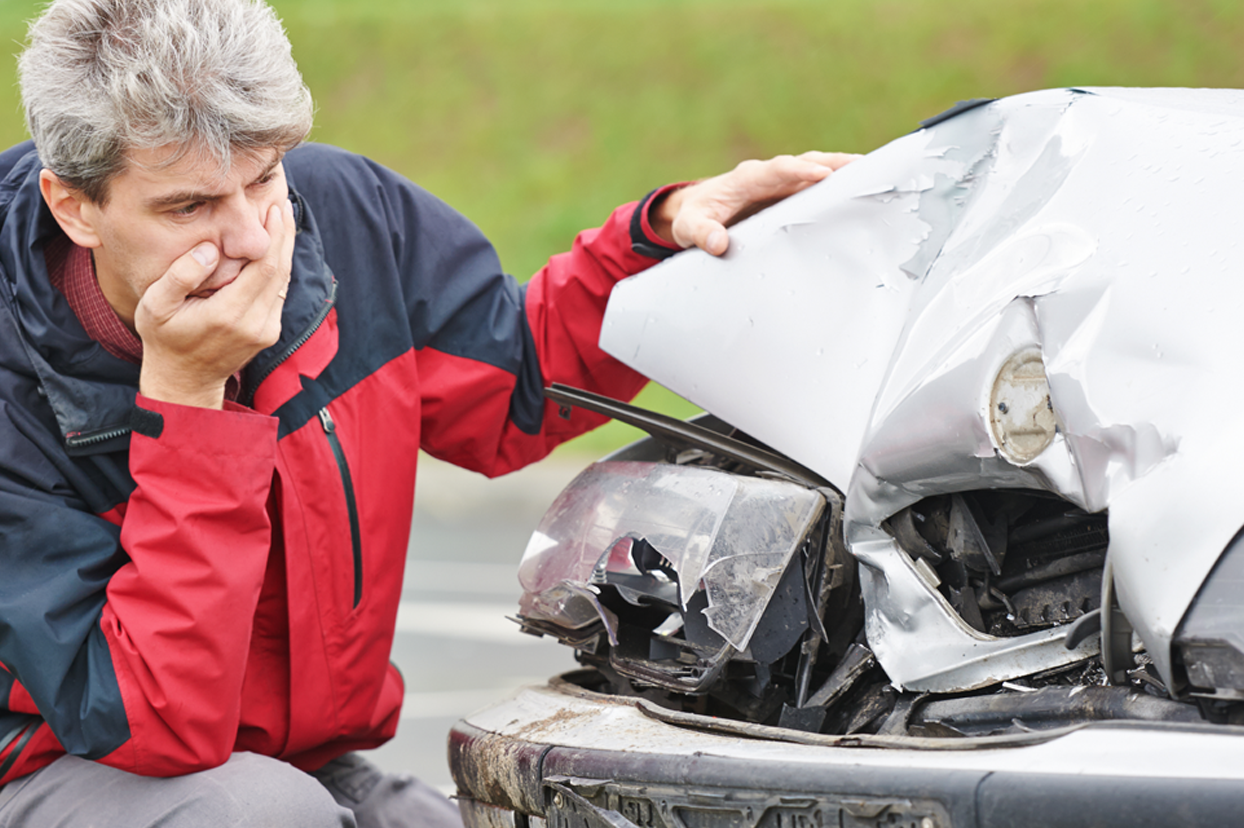February 12, 2024
Does workers’ compensation insurance cover injuries from car accidents?
Generally, motor vehicle accidents that occur when employees are traveling to and from the workplace are not covered by workers' compensation.
However, there are two exceptions:
- If employees are required to bring their cars to the office for use during the workday, then travel to and from the office and business travel during the day are generally covered by workers’ compensation
- If you regularly provide transportation to and from the workplace in company-operated vehicles — such as buses, trucks or vanpools — injuries to employee passengers would be covered by workers’ compensation
Even if you’re unsure whether an automobile accident is covered by workers’ compensation, it’s always best to immediately report it to your work comp insurer.
If an employee is injured in a car crash, who pays medical bills? The auto insurance company or workers’ comp carrier?
If an employee is injured in a work-related car accident, workers’ compensation is the primary source of insurance for medical and wage-loss benefits.
This is why it’s important to report an incident to your workers’ compensation insurer right away if you have an employee who was injured in a work-related car accident.
What should employees do if they get into a car accident while driving for work?
If you have employees who drive for work, ask them to do the following if they are involved in an accident:
1. Call for help
Call an ambulance immediately if anyone is injured.
At the same time, even if there aren’t injuries, have employees call local law enforcement to the scene to file a police report and issue any citations. If this isn’t possible, make a legal accident report with the applicable police department as soon as possible.
2. Obtain key information
Find out:
- Names, addresses and phone numbers of witnesses and everyone in each vehicle
- License numbers and state registrations of all vehicles involved
- Insurance information from the other driver
3. Report it to you (their employer)
Immediately report the accident to the person in the organization who handles workers’ compensation claims.
What if the employee wasn’t at fault?
If the other driver was primarily at fault, it’s usually possible to recover workers’ compensation benefits paid from the negligent driver’s personal auto insurance carrier.
In many cases. SFM can recover 100 percent of the workers’ compensation benefits paid, but there are often situations that restrict us to recover only a portion of the total.
The reasons for this include:
- Some states have statutes that allow the employee’s personal injury attorney to take the first third of the settlement
- The other driver might not be 100 percent at fault, meaning the employee bears some responsibility
- Not all workers’ compensation benefits are recognized by auto insurers. For example, payments for rehabilitation services are often questioned by liability carriers because this is not a standard benefit paid under a liability claim in many states
- The driver’s auto insurance policy limits might be less than the amount of incurred workers' compensation benefits
Make sure employees who drive for work know what to do if they’re involved in an accident
Hopefully, you and your employees won’t ever have to worry about dealing with a car crash, but it's always best to be prepared.
Making sure your employees know what to do in the event of a crash can save you, and your employees, major hassles down the road.
Lastly, it is worth noting that educating employees who drive for work about safe-driving practices is always a good idea. Check out a few of our resources:
- Safe driving practices for employees
- Creating a policy for employee cell phone use while driving
- Eight tips for defensive driving
- Defensive driving: Supervisor Initiated Training tool
Originally posted June 2017; updated in February 2024.
This is not intended to serve as legal advice for individual fact-specific legal cases or as a legal basis for your employment practices.





